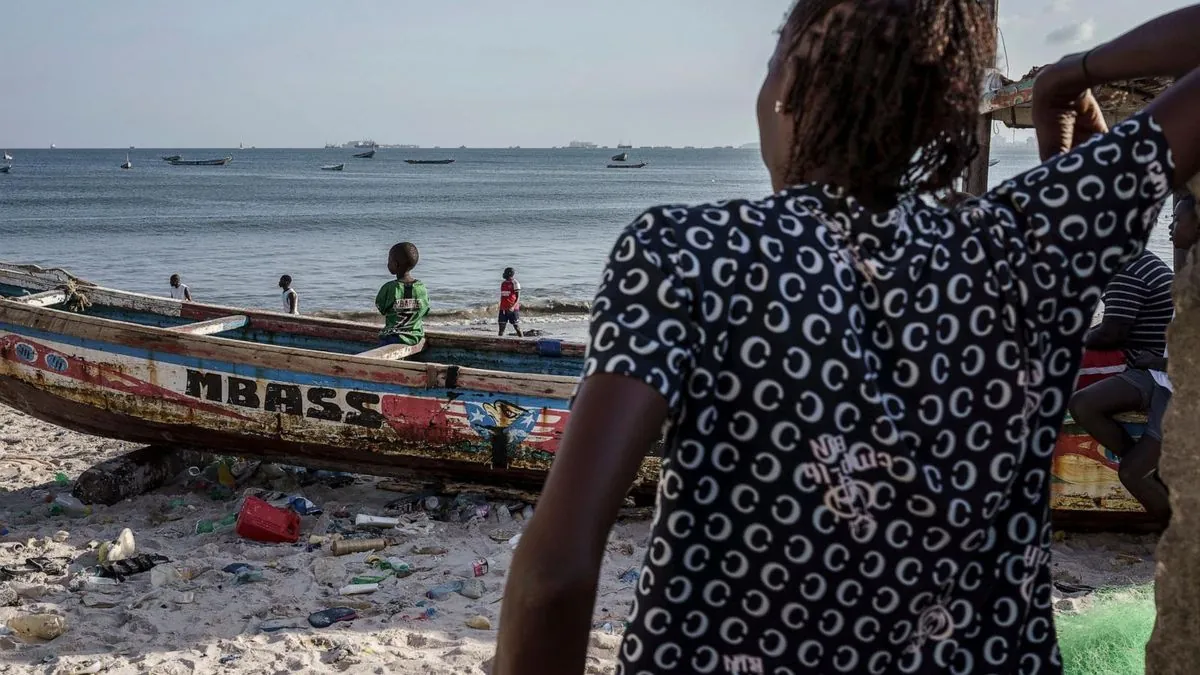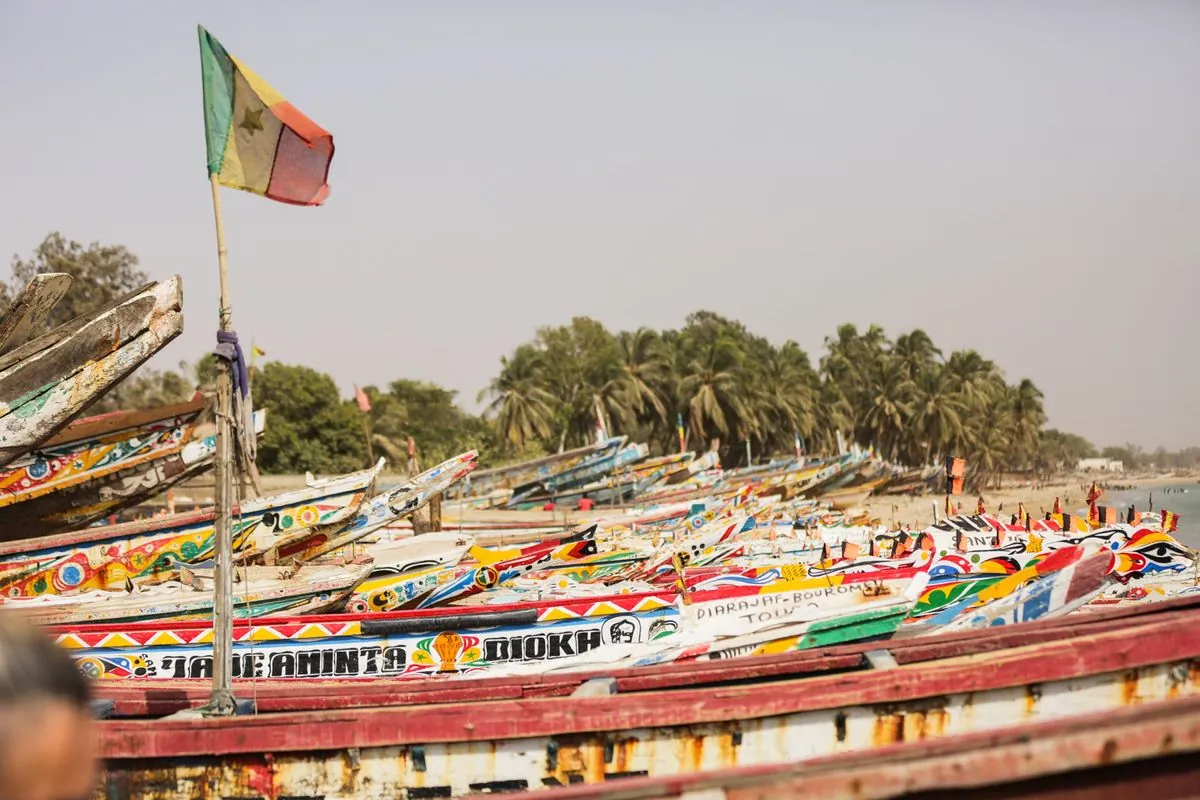Senegal's President Vows Crackdown on People Smugglers After Deadly Boat Tragedy
Senegal's President Bassirou Diomaye Faye pledges severe action against people smugglers following a boat capsizing that killed at least 37 migrants. The incident highlights the ongoing crisis of dangerous sea migrations from West Africa to Europe.

In a resolute response to a recent maritime disaster, President Bassirou Diomaye Faye of Senegal has pledged to intensify efforts against human trafficking networks. This declaration came during his visit to Mbour, a coastal town approximately 80 kilometers south of Dakar, where a tragic incident unfolded just days ago.
On September 8, 2024, a boat carrying 89 individuals capsized shortly after departing from Mbour's shores, resulting in at least 37 fatalities. The vessel, a traditional fishing boat known as a pirogue, was en route to Europe when it met with disaster just a few kilometers from the coast. As of September 11, only three survivors had been located, with search efforts ongoing.
President Faye addressed the residents of Mbour, emphasizing the value of their lives and their importance to the nation's future. He stated, "We are committed to providing you with genuine and dignified opportunities here at home, to prevent our seas from becoming graveyards for our youth."

Mbour, like many coastal areas in Senegal, has become a launching point for perilous journeys across the Atlantic. These voyages, often organized by smuggling networks, target the Canary Islands as a gateway to continental Europe. The route is notorious for its dangers, with countless lives lost each year.
In response to this ongoing crisis, Senegalese authorities have intensified their efforts to curb illegal migration. In August 2024, the Senegalese army conducted a 12-day operation along the coastline, resulting in the arrest of 453 migrants and several members of smuggling networks.
The situation in Senegal reflects broader challenges faced by West African nations. Despite Senegal's relative stability and rich cultural heritage, including seven UNESCO World Heritage Sites and a thriving musical tradition, many citizens still seek opportunities abroad. The country's economy, heavily reliant on agriculture and fishing, struggles to provide sufficient employment for its growing population of approximately 17 million.
"We will relentlessly track down and punish with the greatest severity the actors who organize these convoys of death."
This recent tragedy is not an isolated incident. In July 2024, another boat carrying 300 migrants, primarily from Gambia and Senegal, capsized off the coast of Mauritania, resulting in numerous casualties and disappearances.
The Atlantic route from West Africa to the Canary Islands remains one of the deadliest migration paths globally. While precise figures are difficult to obtain, estimates suggest that thousands of lives are lost annually. Some vessels, lost at sea, drift for months before being discovered in distant waters, carrying only the remains of those who embarked on this perilous journey.
As Senegal grapples with this ongoing crisis, the government faces the challenge of balancing strict measures against illegal migration with efforts to improve domestic opportunities. With a literacy rate of around 51.9% and a diverse ecosystem ranging from mangrove swamps to savanna grasslands, Senegal possesses significant potential for development. The country's commitment to addressing the root causes of migration will be crucial in preventing future tragedies and preserving the lives of its citizens.


































